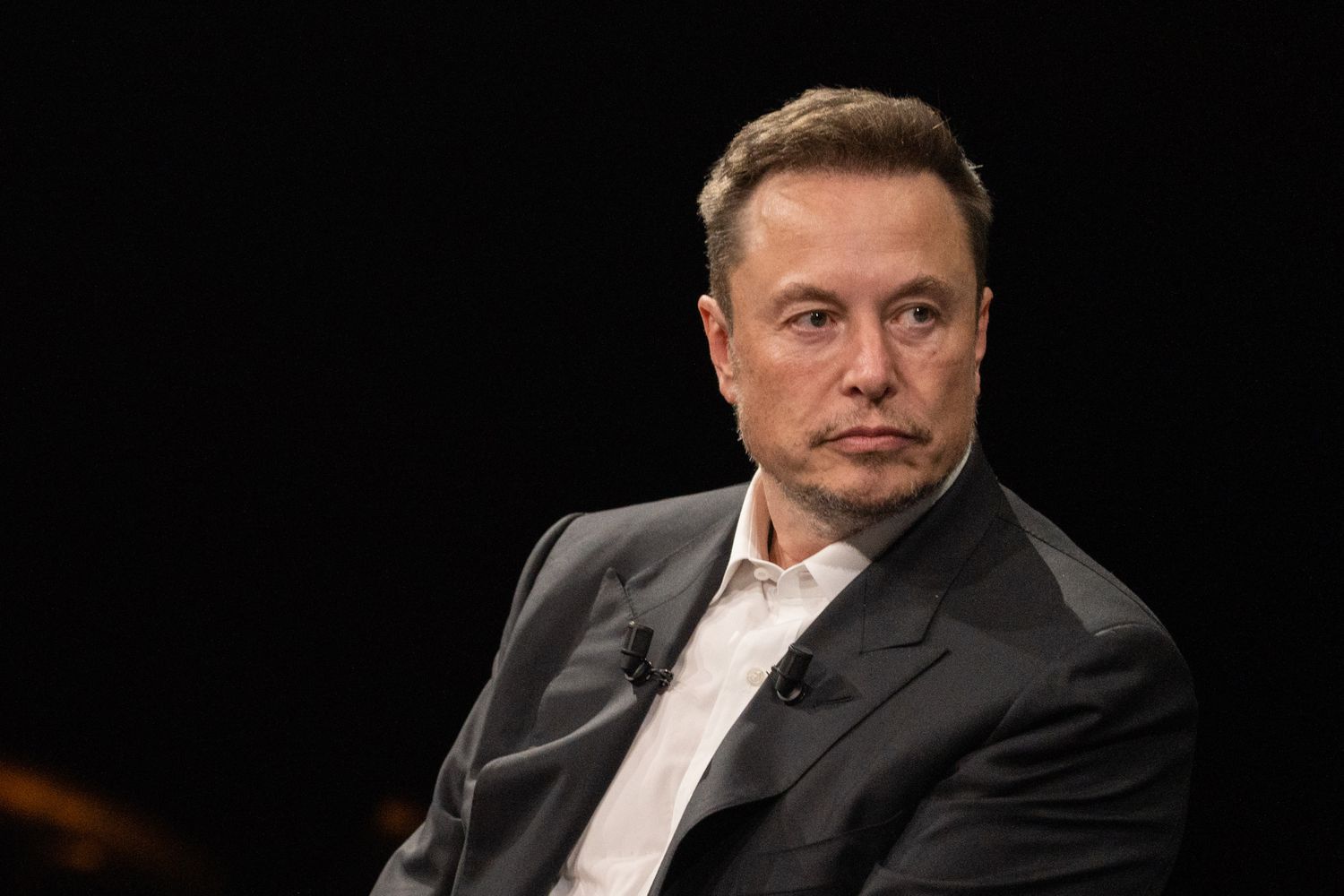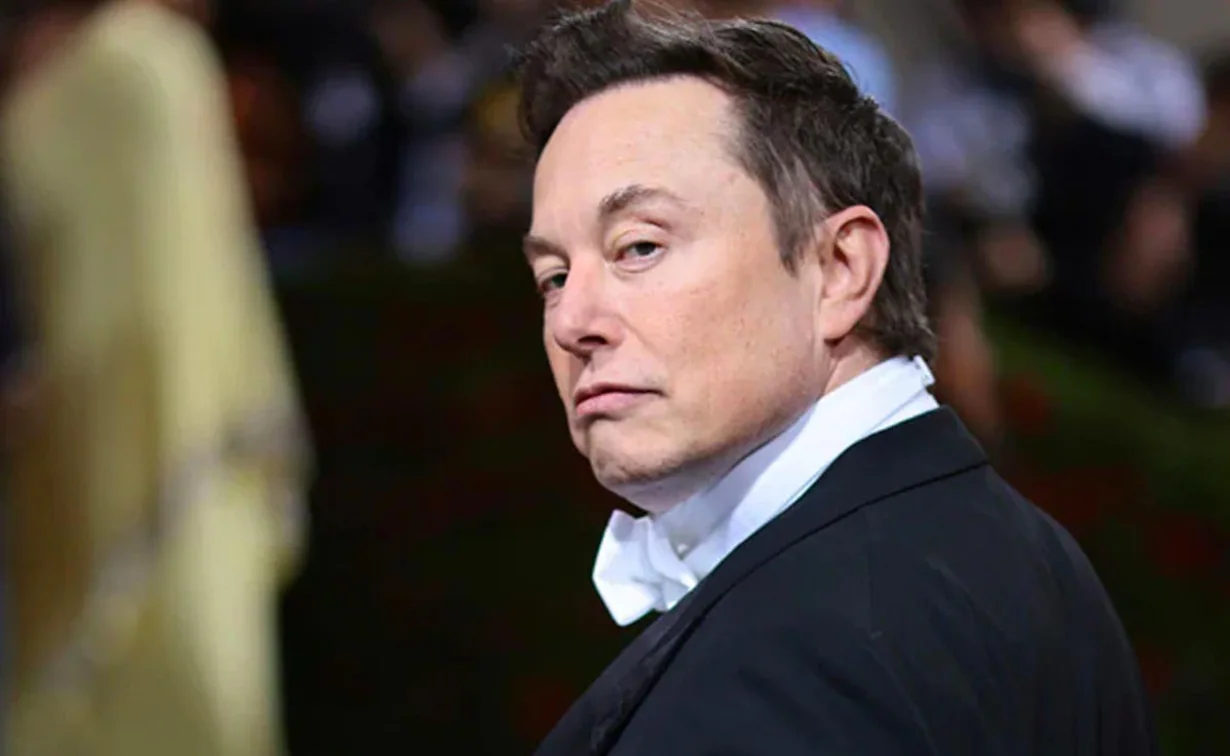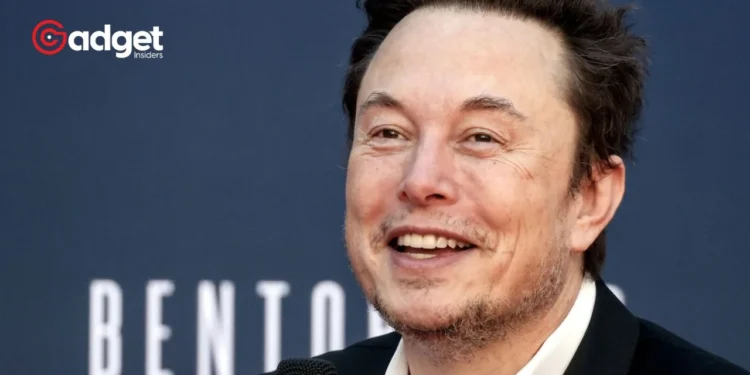In an era where digital dialogue is as prominent as the spoken word, the boundaries of free speech on social media platforms have become a battlefield for ideologies. Elon Musk, the visionary tech billionaire known for his groundbreaking ventures in Tesla and SpaceX, recently took center stage in this ongoing debate.
Elon Musk’s latest comments in an interview with Don Lemon, primarily focusing on his social media platform X (formerly Twitter), have sparked widespread discussion and controversy.

Elon Musk’s Philosophy: A Stance Against Censorship
During the interview, which Elon Musk agreed to because it was hosted on X, he delved into various topics, including updates on his companies and conversations with notable figures like former US President Donald Trump. However, it was his unapologetic defense of free speech on X that captured the attention of many.
Confronted by Lemon with examples of antisemitic and racist tweets that remained active on the platform, Elon Musk articulated a philosophy that is both straightforward and contentious: “Moderation is a propaganda word for censorship.”
Elon Musk’s assertion raises critical questions about the role of social media platforms in moderating content. In an age where the line between hate speech and free speech is increasingly blurred, Elon Musk’s stance challenges the conventional wisdom of platform responsibility.
He argued that posts on X are removed only if they are illegal, thereby positioning the platform as a bastion of free speech, albeit within the confines of the law.
“Does the BBC hold itself at all responsible for misinformation?”
Watch @elonmusk skewer BBC reporter over Covid “misinformation” & claims of increased “hate speech” on Twitter
These terms are thrown around, often to shut down debate & dissentpic.twitter.com/aTE48X6TvZ pic.twitter.com/4cdxviKqwu
— Together (@Togetherdec) April 12, 2023
The Debate Over Platform Responsibility
The exchange between Elon Musk and Lemon was particularly illuminating. When questioned about the persistence of offensive content on X, Musk retorted, asking if Lemon was an advocate for censorship. This rhetorical strategy not only deflected criticism but also reframed the debate around the principle of free expression.
Musk’s commitment to this principle was further underscored by his rejection of the notion that X promotes hate speech. Instead, he emphasized the platform’s neutral stance, stating, “If content is on the platform, that doesn’t mean we promote it.”
This perspective is emblematic of Elon Musk’s broader vision for X. By focusing on adherence to legal standards and leveraging community notes to combat misinformation, Musk envisions a platform where diverse voices can coexist without the heavy hand of censorship.
His reluctance to moderate content, beyond what is legally required, underscores a belief in the marketplace of ideas—a place where truth emerges not from suppression but through open dialogue.

The Intersection of Technology and Free Speech
Elon Musk’s interview was not limited to discussions of free speech. He also teased an intriguing collaboration between Tesla and SpaceX, hinting at a future where rocket technology enhances automotive innovation.
This off-topic revelation serves as a reminder of Musk’s unique position at the intersection of technology and societal debate. His ventures, whether on Earth or in outer space, consistently challenge the status quo and provoke public discourse.
Looking Ahead: The Future of X and Free Speech
Elon Musk’s defense of his policies on X has undoubtedly added fuel to the ongoing debate over free speech on social media. His stance, characterized by a refusal to bow to external pressures for content moderation, sets a precedent that will influence the policies of other platforms.
As society grapples with the complexities of digital communication, the dialogue around free speech, hate speech, and the responsibilities of social media companies will continue to evolve.
In this landscape, Elon Musk’s X emerges as a fascinating case study. It’s a platform where the ideals of unfettered expression face the realities of societal harm, where the aspirations of technological advancement confront the imperatives of ethical stewardship.
As we move forward, the discussions sparked by Musk’s latest comments will undoubtedly play a crucial role in shaping the digital public square.
In conclusion, Elon Musk’s candid interview with Don Lemon not only sheds light on his philosophical stance towards moderation and censorship but also highlights the ongoing challenges faced by social media platforms in balancing free speech with societal well-being.
As the debate continues, the world will be watching closely to see how X navigates these turbulent waters under Musk’s stewardship.










